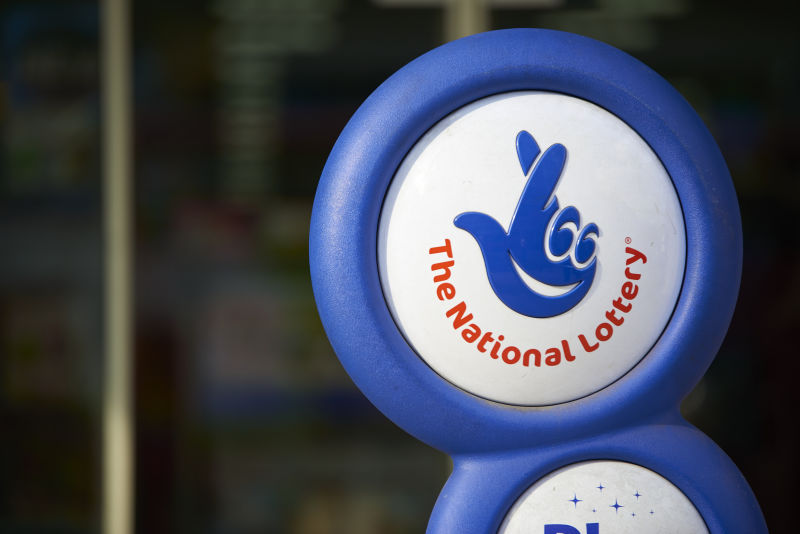
Statistically speaking, the lottery is an exciting way of separating you from your money. Except today in the United Kingdom. For the first time ever, playing the lottery is the mathematically sensible choice.
Lottery tickets in the UK are £2 per play. Usually the expected payoff on a ticket is 95p. In the long term, not only will you not win the jackpot, but you’ll lose money.
But today is different. Thanks to Lotto rule changes in October, today has the largest jackpot in the country’s history and it must pay off tonight. Even if no one wins the jackpot—which is still statistically unlikely at 1 in 45 million—the pot will be distributed amongst those who got closest. That means the expected payoff is jumping to around £4.50, double the cost to play. Josh White, an economist at KPMG, explains:
“In mathematical terms, it’s a rare occurrence when the expected value from playing the lottery is higher than the cost of a ticket – statistically there has never been a better time to play!”
The unusual situation is due to changes in the Lotto rules last October. Lotto players now need to pick six numbers between 1 and 59, instead of the previous range of 1 in 49. Wising up to the longer odds against them, fewer people played the lottery in recent months, leading to a slowly-growing jackpot as the unclaimed prize rolled over.
This is where the second rule change comes in. Once the prize is over £50 million, it must be distributed. At £58 million, today’s prize is being distributed one way or another. If no one wins the jackpot with all six balls, it will be distributed amongst people who got most of the numbers. Anyone with five balls plus the bonus has 1 in 7.5 million odds of winning tonight. If that’s also unclaimed, the prize is distributed amongst the 1 in 144,000 people who have five matching balls. The odds are so good that even my old roommate, and economist in the UK, is buying a lottery ticket for the third time in his entire life.
Sponsored
This isn’t unexpected: White and his colleague Adam Rivers worked with Camelot, the company running the UK lottery, to rework the lottery rules last year. They simulated out the expected behaviors of real humans under different possible rules, including these ones. The objective of the redesign was simple: which rules would increase the number of new millionaires each week? Doing that was simple—make a raffle where a million-pound prize awarded each lottery draw. But that meant that the odds on everything else needed to change.
The prize payout ratio hasn’t changed. The odds on winning the jackpot are longer, and the rollovers mean the jackpots are growing bigger. But at the same time, more smaller prizes are being handed out more often.
The exact expected payoff will depend on how many people play. If it’s the average number of lotto players, the expected payoff will be £4.50. If it’s more players, like the numbers that turned out for Wednesday’s draw, that drops to £3.20. But Rivers, also with KPMG, explains it’d take Lotto fever to drop that payoff below the ticket price:
“You’d need close to all 50 million eligible people in the UK to purchase at least one ticket in order for the expected value to go below the £2 purchase price – pretty unlikely, and a big queue at the newsagents!”
All this does hold a little white lie: the expected payoff only happens in the long run. Yet this is a one-time-only special circumstance. Next week, the Lotto return to normal as the jackpot resets, and gamblers can expect to get back just 92p for every ticket they buy.
The draw is at 9:55pm UK time, so time is running out to buy a ticket.
[The Guardian]
Image credit: Nando Machado / Shuttershock
